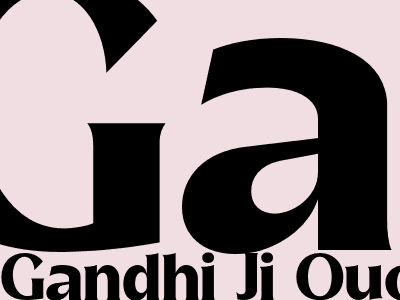
5 Timeless Gandhi Quotes to Inspire Personal Growth
In 1948, the world lost one of its greatest advocates for nonviolence.
Mahatma Gandhi, a towering figure in the Indian independence movement, left behind a legacy of wisdom that continues to inspire generations.
His words, simple yet profound, offer guidance on various aspects of life.
From self-reflection to social justice, Gandhi’s quotes resonate with anyone seeking personal growth and a life lived with purpose.
1. “An eye for an eye makes the whole world blind.”
This quote underscores Gandhi’s unwavering belief in nonviolence.
He argued that violence perpetuates conflict and undermines our ability to resolve issues peacefully.
2. “Live as if you were to die tomorrow. Learn as if you were to live forever.”
Gandhi’s words encapsulate the importance of living each day to the fullest.
He emphasized the need to balance present actions with an understanding of our mortality and the value of continuous learning.
3. “Your beliefs become your thoughts, your thoughts become your words, your words become your actions, your actions become your habits, your habits become your values, your values become your destiny.”
Gandhi’s quote highlights the interconnectedness of our thoughts, actions, and destiny.
He believed that personal transformation begins with cultivating positive beliefs and intentions.
4. “Happiness is when what you think, what you say, and what you do are in harmony.”
Gandhi’s definition of happiness emphasizes authenticity and inner peace.
He believed that true happiness stems from aligning our actions with our values and embracing self-reflection.
5. “Nonviolence is not a garment to be put on and off at will. It is a creed that one must live.”
Gandhi’s commitment to nonviolence was not merely a strategy but a way of life.
He believed that true nonviolence extends beyond physical resistance and encompasses kindness, empathy, and a rejection of hatred.